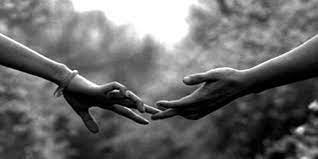Maybe it wasn’t the smartest idea to post this piece on Mother’s Day? But hey, maybe it fits as a love letter of sorts. It is a love letter. It was also published earlier this week on Oldster Magazine.
In other news, “Everything is Personal” is nine months old and has reached the milestone of 4000 subscribers. To celebrate, there is a 25% discount on new…
Keep reading with a 7-day free trial
Subscribe to Everything is Personal to keep reading this post and get 7 days of free access to the full post archives.




